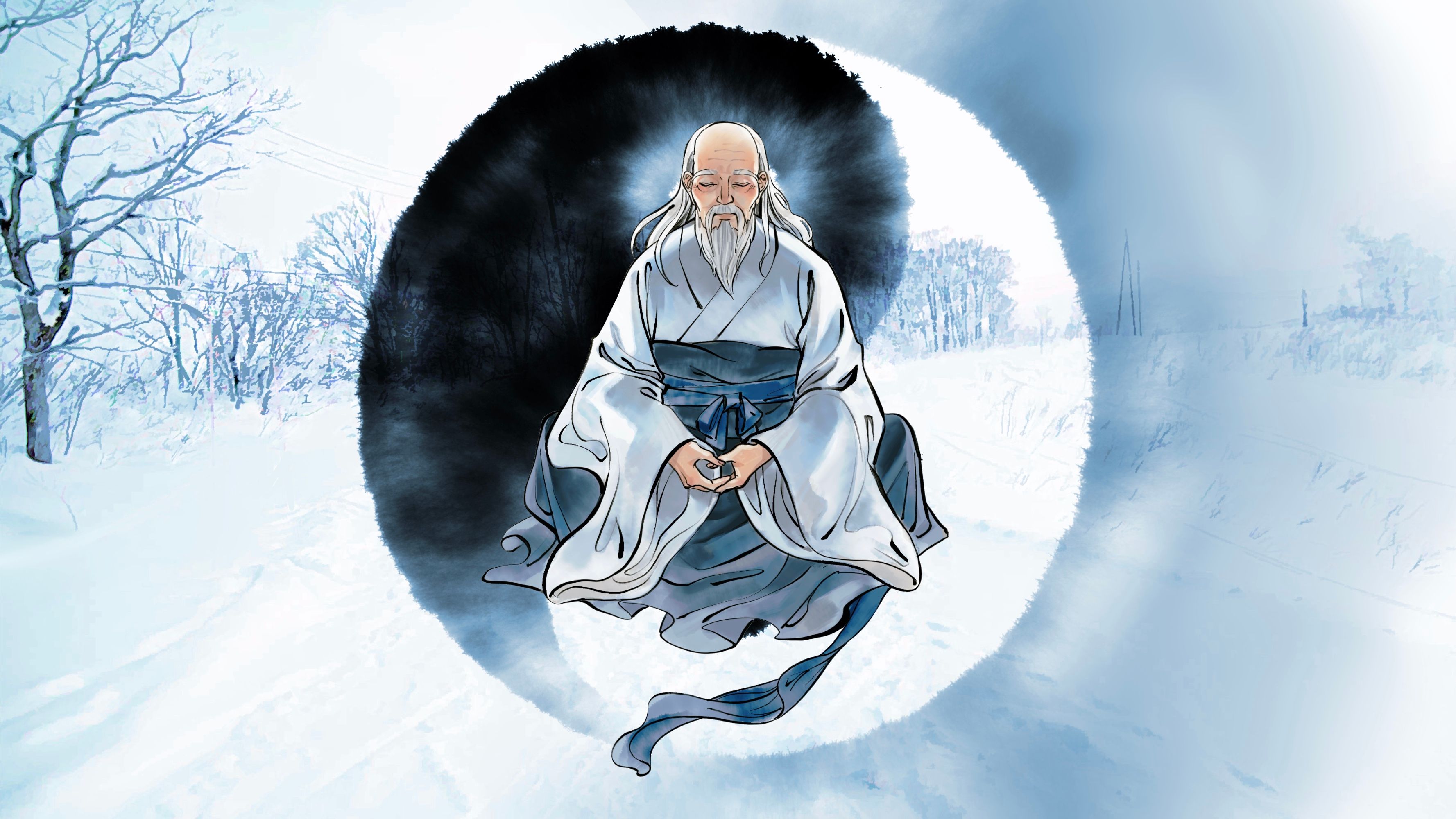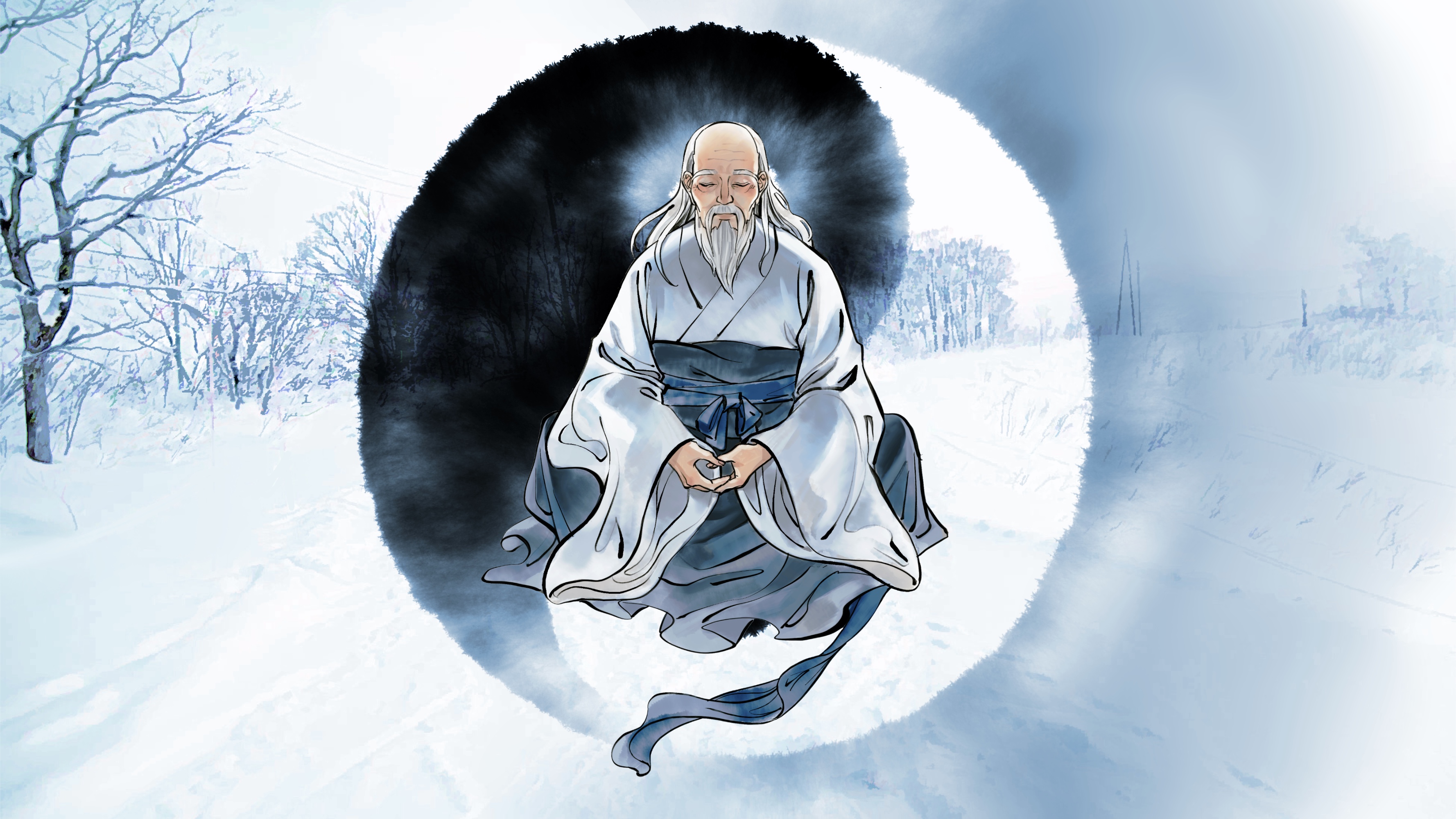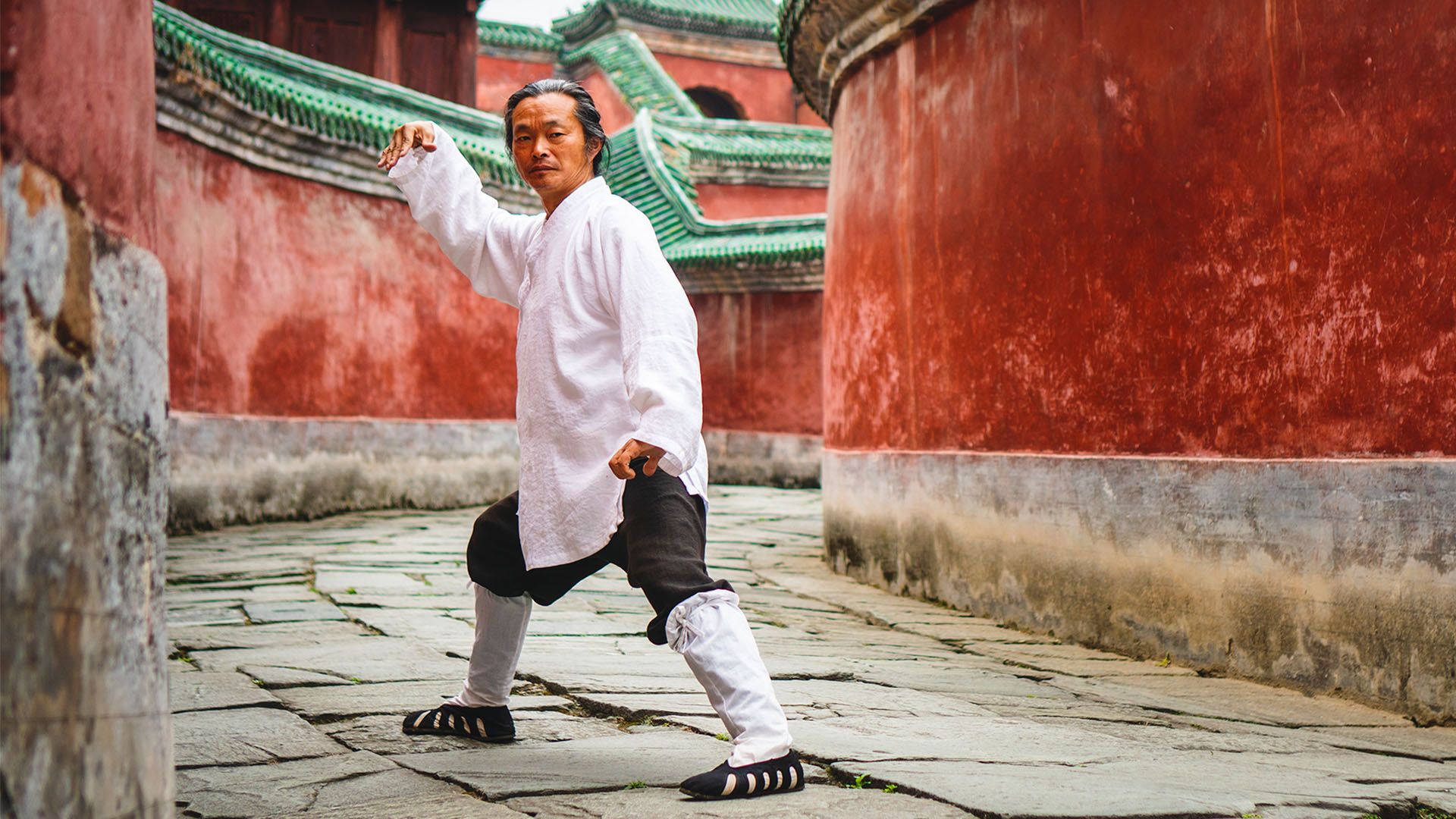Taoism: 6 Key Concepts From The Ancient Philosophy of Daoism
May 05, 2023
Taoism, often referred to as Daoism, emerges as a revered ancient Chinese philosophy, now captivating many with its principles for a balanced existence. It champions the virtues of equilibrium, minimalism, and modesty, guiding individuals toward a purposeful life. This philosophy, deeply rooted in the quest for harmony, has inspired countless seekers on a profound life journey. Our discussion will delve into six pivotal Taoist ideas, showcasing their relevance in today's world.
Highlighting the essence of Taoism, we aim to connect its timeless wisdom with contemporary living, offering insights into achieving inner peace and simplicity. Through exploring these core Taoist concepts, we invite readers to discover pathways to a more meaningful and serene life.
6 Key Concepts of Daoism
1. Wu Wei:
Wu Wei is a central concept in Taoism that can be translated as "non-action" or "effortless action." The idea is that the best way to achieve one's goals is to act without force or resistance, in harmony with the natural flow of things. This means letting go of our desires and attachments and allowing life to unfold naturally.
In our fast-paced modern world, Wu Wei can be difficult to embrace. We are often encouraged to push harder and work faster to achieve success. However, practicing Wu Wei can lead to greater efficiency, creativity, and a sense of calmness in our daily lives.
2. Yin and Yang:
Yin and Yang are two opposing forces in Taoism that represent the dual nature of existence. The Yin is associated with femininity, darkness, and passivity, while the Yang is associated with masculinity, light, and activity. These two forces are interdependent and complementary, and they are believed to be present in all aspects of life.

In our modern lives, we often strive for a perfect balance between work and play, activity and rest, and other aspects of our lives. Understanding the principles of Yin and Yang can help us find this balance and live in harmony with ourselves and the world around us.
3. Inner Alchemy:
Inner alchemy is a Taoist practice that involves cultivating the inner self through meditation, breathwork, and visualization. The goal is to achieve a state of balance and harmony within oneself, which can then be reflected in one's external environment.
In today's society, where stress and anxiety are prevalent, inner alchemy can be a powerful tool for achieving mental and emotional balance. Through regular practice, one can develop a deeper sense of self-awareness and a greater capacity for resilience and self-healing.
4. The Tao Te Ching:
The Tao Te Ching is a classic text of Taoist philosophy that has been translated into many languages and has inspired countless people throughout history. It is a collection of verses that guide living a simple, harmonious life per the Tao.
The teachings of the Tao Te Ching are just as relevant today as they were thousands of years ago. Its focus on living in harmony with nature, embracing simplicity, and cultivating inner peace can help us navigate the complexities of modern life with greater ease and grace.
5. Five Elements Theory:
In Taoism, the Five Elements Theory is a system used to describe the cycles of nature and how everything in the universe is interconnected. The five elements are wood, fire, earth, metal, and water, and each element is associated with certain qualities and characteristics.

This theory can be applied to our modern lives by helping us understand the importance of balance and harmony between different aspects of our lives. For example, if we focus too much on work (which is associated with the element of fire), we may neglect other areas of our lives, such as relationships (associated with the element of water) or personal growth (associated with the element of wood). By understanding the interplay of these elements, we can strive for a more balanced and fulfilling life.
6. Taoism and Environmentalism:
Taoism emphasizes the importance of living in harmony with nature and recognizing our interconnectedness with the world. This has led to a growing interest in Taoism among those concerned about the environment and the impact of human activities on the planet.
Many Taoist practices, such as meditation and Qi Gong, involve connecting with nature and developing a deeper awareness of the natural world. Additionally, the principles of Wu Wei and Yin and Yang can be applied to environmental issues as we strive for a balance between human needs and the needs of the natural world.
Here’s why Taoism is more than just a Philosophy
Ultimately, Taoism is more than just an ancient philosophy. It is a way of life that provides valuable insight and practical wisdom for navigating the challenges of modern existence. With its emphasis on balance, harmony, and humility, Taoism offers a unique perspective on achieving a more meaningful and fulfilling life in an overwhelming world.

Here's why Taoism is much more than just a philosophy:
- Emphasizes living in harmony with the Tao (Dao): Taoism teaches the importance of aligning oneself with the natural flow of the universe, or the Tao, advocating for a life of balance and simplicity.
- Integrates principles of Yin and Yang: This philosophy highlights the dynamic balance of opposites, suggesting that a harmonious life acknowledges and incorporates both Yin and Yang aspects.
- Promotes inner peace and self-cultivation: Taoists believe in the cultivation of virtue and inner tranquility, viewing self-improvement as a path to universal harmony.
- Incorporates practices for longevity and immortality: Taoism is well-known for its practices aimed at enhancing health, extending life, and achieving immortality, reflecting its deep engagement with the mysteries of life and death.
- Values simplicity and humility: By advocating for a simple, unadorned life, Taoism encourages followers to seek contentment in the essence of existence, rather than in material wealth or external achievements.
- Fosters a deep connection with nature: Taoist philosophy and practices encourage a respectful and symbiotic relationship with the natural world, emphasizing the importance of living in accordance with natural laws.
Taoism's influence extends beyond individual practice, shaping aspects of Chinese culture, from the arts and literature, represented by figures like Zhuangzi and Laozi, to traditional Chinese medicine and martial arts. Its texts, such as the "Tao Te Ching" and the writings of Chuang Tzu, offer timeless wisdom that continues to inspire and guide individuals in their search for a meaningful existence. Through its rich spiritual heritage and practical applications, Taoism remains a vital component of the philosophical and religious landscape, offering insights
By embracing the principles of Taoism, we can cultivate a deeper understanding of ourselves, our relationships, and our place in the natural world. We can learn to let go of our attachments and desires and instead focus on living in harmony with the natural flow of life. In doing so, we can navigate the complexities of our modern world with greater ease and grace while fostering a deeper connection with all that surrounds us.
So, as you now know, Taoism is the way of life. If you want to learn more about Tai Chi and Taoism after this inspirational blog, learn through our Online Tai Chi Courses by Master Gu.







